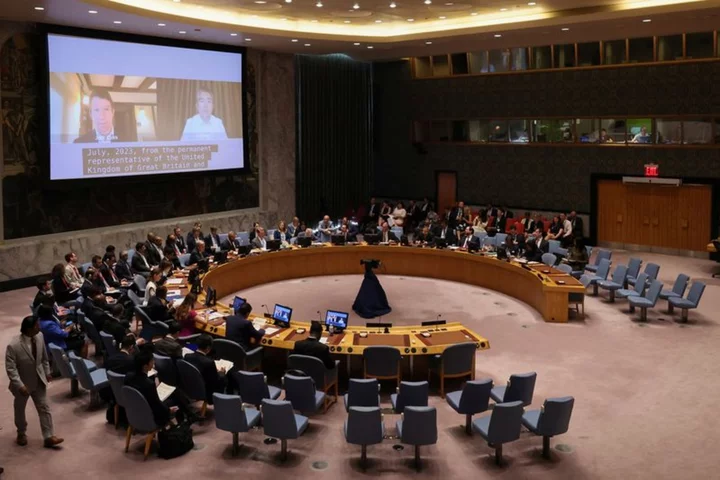
UN AI report to close gaps in government responses -tech envoy
By Supantha Mukherjee STOCKHOLM An interim artificial intelligence report by the United Nations will lead governments and the
1970-01-01 08:00
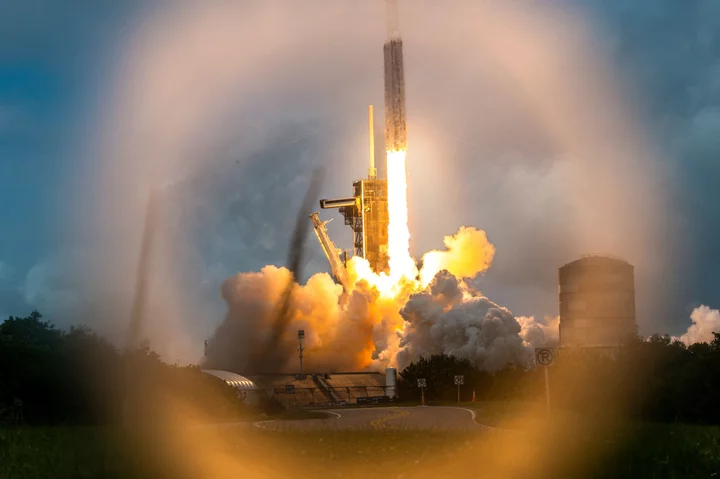
China Offers Cash to Rocket Startups in Hunt for Its Own SpaceX
As China pushes to challenge the US in outer space, President Xi Jinping is borrowing a page from
1970-01-01 08:00

Canada optimistic about digital services tax agreement with US
OTTAWA Canadian Finance Minister Chrystia Freeland said on Tuesday she was cautiously optimistic about settling a dispute with
1970-01-01 08:00
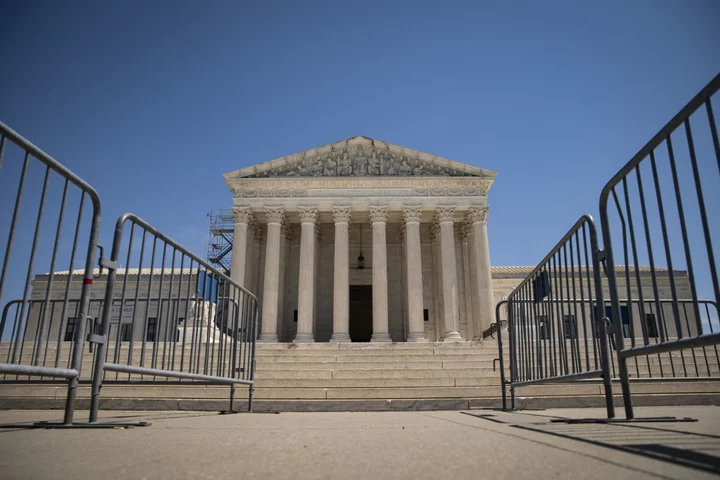
US Supreme Court’s Social Media Clash Evokes Trump’s Use of Twitter
The US Supreme Court debated whether public officials can be sued for restricting access to their social media
1970-01-01 08:00

AI Regulation Is Needed to Support US Workers in Future, Business Officials Say
Congress must take a more active role in regulating the use of artificial intelligence in the workplace, business
1970-01-01 08:00
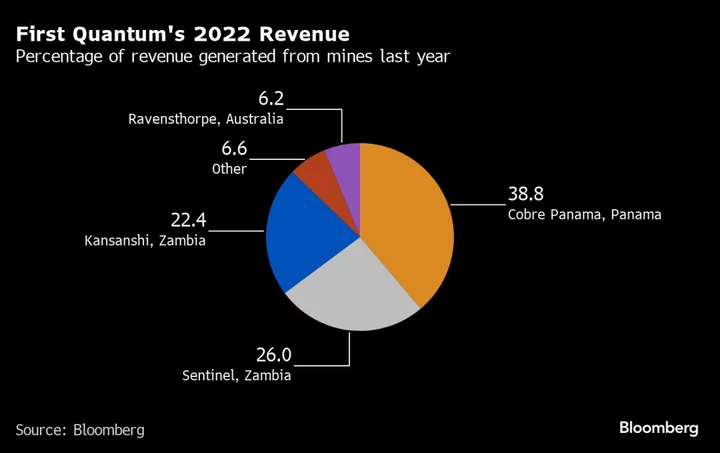
First Quantum Plunges Again as Miner Seeks Answers in Panama
First Quantum Minerals Ltd. plunged by another 17% as uncertainty deepens over the future of the company’s Panama
1970-01-01 08:00
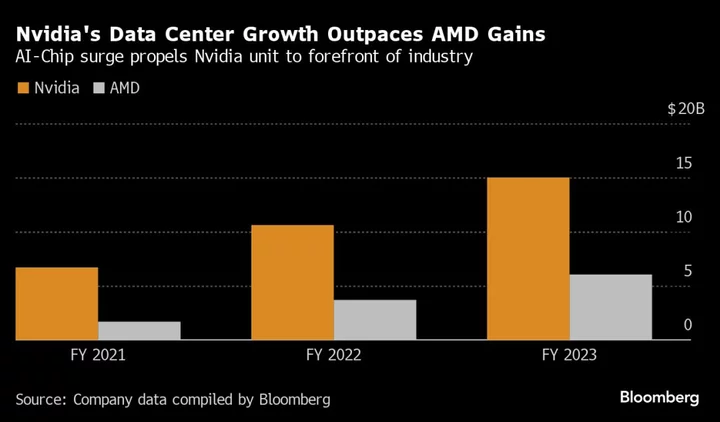
AMD’s New AI Chip Poised to Steal Earnings Spotlight
Advanced Micro Devices Inc. has shown that it can finally challenge Intel Corp. Now it’s taking a run
1970-01-01 08:00
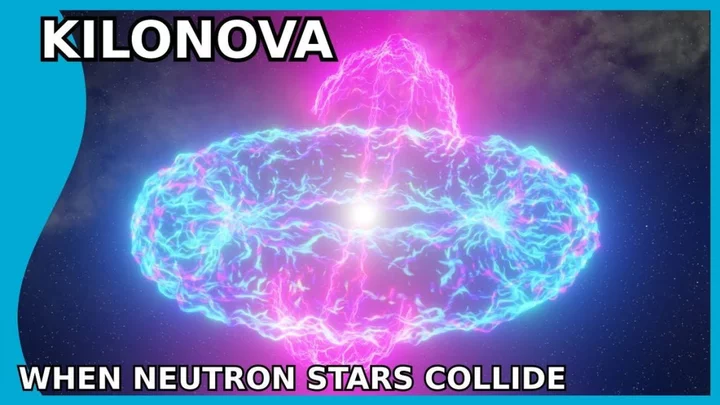
Scientists believe close kilonova explosion could threaten all life on Earth
Scientists have worked out how close a neutron star collision would have to be to threaten all life on Earth, in a not-remotely-terrifying new study. The event, known as a kilonova, is among the most powerful and explosive in the known universe. It’s not quite as bright as a supernova – but we should still keep our distance. Haille Perkins, team leader and a scientist at the University of Illinois Urbana-Champaign, told Space.com: “We found that if a neutron star merger were to occur within around 36 light-years of Earth, the resulting radiation could cause an extinction-level event.” That’s about 212 trillion miles – which seems like quite a large danger zone. But we need not worry, apparently. Kilonovae are extremely rare and difficult to spot, because they happen so quickly. Scientists, including those from the University of Warwick, recently managed to observe one by using the James Webb telescope. The explosion first produces a blast of gamma rays which lasts for just seconds. If we got caught in one of those, it would fry us all rather quickly. That’s pretty unlikely because they go in two thin lines out from the centre of the blast. They also cause an afterglow of X-ray emissions in the surrounding dust and particles. If we’re within 16.3 light years of those, we’d be in trouble. But the worst bit is the cosmic rays (of course!) – energetic charged particles spreading out from the explosion in a bubble. If these hit Earth, they would strip the ozone layer and leave us vulnerable to ultraviolet rays for several thousand years. That would be a bummer because, again, we’d all die. Fortunately, kilonovae are so rare that we’re more likely to get hit by an asteroid, added Perkins. She said: “There are several other more common events like solar flares, asteroid impacts, and supernova explosions that have a better chance of being harmful.” That’s good then. New kilonova discoveries In the most recent kilonova, it was the gamma rays that alerted the astronomers to the fact something big was going down. Then, they got in touch with various telescopes and detectors to ask them to focus on the bit of the sky where the burst had come from, and bingo: kilonova. Here's what it looked like on the JWT's feed. One of the major discoveries from this one is that kilonovae produce an element called tellurium, a relatively rare element on Earth. They also worked out where the two neutron stars came from: a spiral galaxy about 120,000 light years away from the location of the final explosion. That’s about the diameter of the Milky Way, and just a little further away than the mere 36 light year danger zone, then. But it’s food for thought nonetheless, eh? How to join the indy100's free WhatsApp channel Sign up to our free indy100 weekly newsletter Have your say in our news democracy. Click the upvote icon at the top of the page to help raise this article through the indy100 rankings.
1970-01-01 08:00
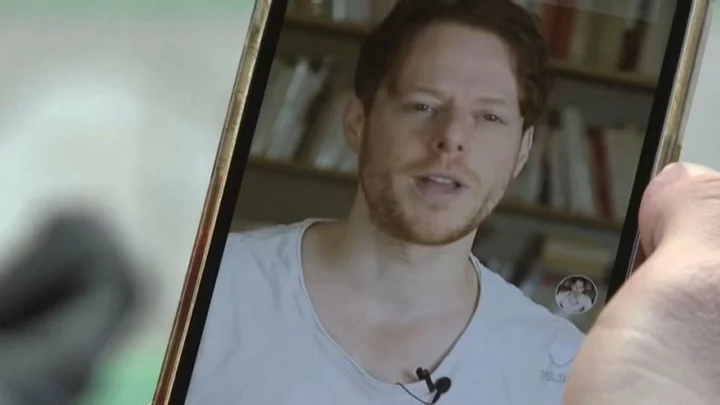
Scientist claims that humans have ‘no free will’ after decades of research
Human beings are fascinating creatures and one of the oldest philosophical debates is over whether people truly have free will or not. For millennia, scientists have debated over whether free will is simply an illusion of the mind and is a concept that doesn’t even exist, or, if our species naturally possess it. Some experts, such as the philosopher Bernardo Kastrup, argue that we do have free will. He defined it as existing “if our choices are determined by that which we experientially identify with”. Kastrup claimed that his “tastes and preferences” are “consciously felt by” him, thus the choices he makes are “determined by these felt tastes and preferences”. Essentially, Kastrup argues, we are able to choose what action to perform and this gives humans a level of free will. On the other hand, neurobiologist Robert Sapolsky from Stanford University believes humans don’t have any free will, after studying the subject for “decades”. In his book Determined: A Science of Life Without Free Will, Sapolsky argues that almost all of our behaviour as humans is beyond our own conscious control. He argued: “The world is really screwed up and made much, much more unfair by the fact that we reward people and punish people for things they have no control over. “We’ve got no free will. Stop attributing stuff to us that isn’t there.” Sapolsky believes that behaviour that we believe originates from free will is actually related to your environment, body, upbringing and genes. Speaking on the CultureLab podcast by New Scientist, Sapolsky explained: “In terms of my orientation, my basic approach is you look at a behaviour and someone has just done something that’s wonderful or awful or ambiguously in-between or in the eyes of the beholder, but some behaviour has happened, and you ask, 'Why did that occur?' and you’re asking a whole hierarchy of questions.” He continued explaining that the prompts to our behaviour could include, “which neurons did what, 10 milliseconds before” and may even originate from “this morning’s hormone levels” and the impact this has on your sensitivity levels in the brain. Additionally, behaviour, he argues can determined by prior trauma and even go back to the “childhood and foetal environment” and our individual genes. To summarise, he argued: “If you’re talking about genes, by definition, genes and behaviour, by definition, you’re talking about evolution and you’re talking about neurobiology and genetic variance and neuronal function. “If you’re talking about, you know, early trauma in life, you’re talking about epigenetics and you’re talking about adult propensity. “So, they’re all one continuous seam of influences, and when you look at it that way, there’s not a damn crack anywhere in there to shoehorn in a notion of free will.” Sign up to our free Indy100 weekly newsletter How to join the indy100's free WhatsApp channel Have your say in our news democracy. Click the upvote icon at the top of the page to help raise this article through the indy100 rankings.
1970-01-01 08:00
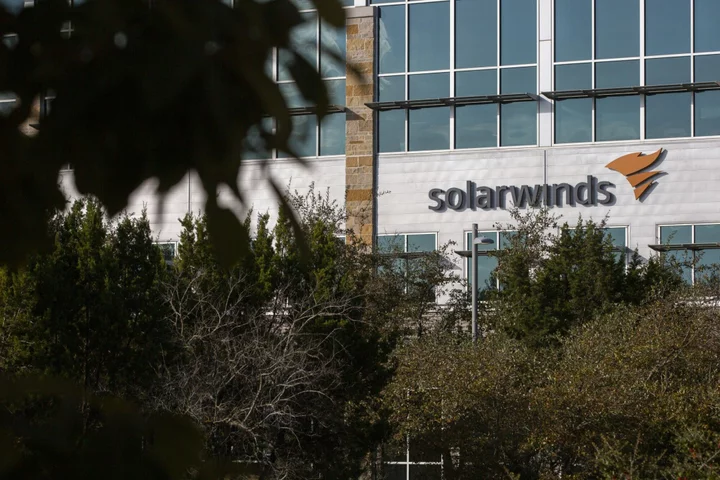
SolarWinds Staff Warned About Security Holes Before Russia Hack
Well before Russia’s audacious cyberattack that exploited SolarWinds Corp.’s software was made public, several employees allegedly raised red
1970-01-01 08:00

Britain's AI summit: what can it achieve?
By Martin Coulter LONDON (Reuters) -Britain will host the world's first global artificial intelligence (AI) safety summit this week to
1970-01-01 08:00
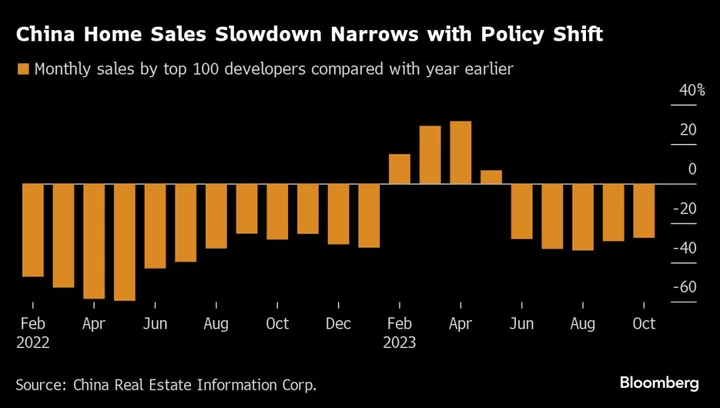
China Home Sales Decline Slows in October Amid Policy Support
The decline of China’s home sales slowed in October, following stepped-up efforts from Beijing to support the housing
1970-01-01 08:00
